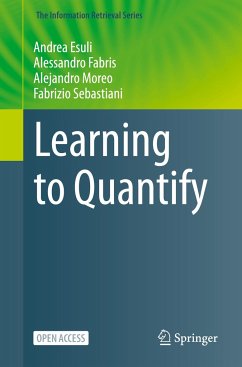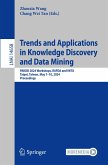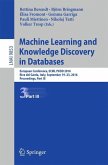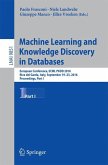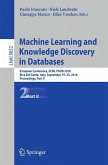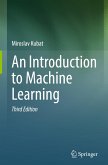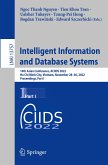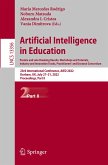This open access book provides an introduction and an overview of learning to quantify (a.k.a. "quantification"), i.e. the task of training estimators of class proportions in unlabeled data by means of supervised learning. In data science, learning to quantify is a task of its own related to classification yet different from it, since estimating class proportions by simply classifying all data and counting the labels assigned by the classifier is known to often return inaccurate ("biased") class proportion estimates.
The book introduces learning to quantify by looking at the supervised learning methods that can be used to perform it, at the evaluation measures and evaluation protocols that should be used for evaluating the quality of the returned predictions, at the numerous fields of human activity in which the use of quantification techniques may provide improved results with respect to the naive use of classification techniques, and at advanced topics in quantification research.
The book is suitable to researchers, data scientists, or PhD students, who want to come up to speed with the state of the art in learning to quantify, but also to researchers wishing to apply data science technologies to fields of human activity (e.g., the social sciences, political science, epidemiology, market research) which focus on aggregate ("macro") data rather than on individual ("micro") data.
The book introduces learning to quantify by looking at the supervised learning methods that can be used to perform it, at the evaluation measures and evaluation protocols that should be used for evaluating the quality of the returned predictions, at the numerous fields of human activity in which the use of quantification techniques may provide improved results with respect to the naive use of classification techniques, and at advanced topics in quantification research.
The book is suitable to researchers, data scientists, or PhD students, who want to come up to speed with the state of the art in learning to quantify, but also to researchers wishing to apply data science technologies to fields of human activity (e.g., the social sciences, political science, epidemiology, market research) which focus on aggregate ("macro") data rather than on individual ("micro") data.

